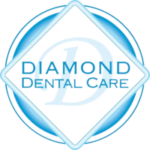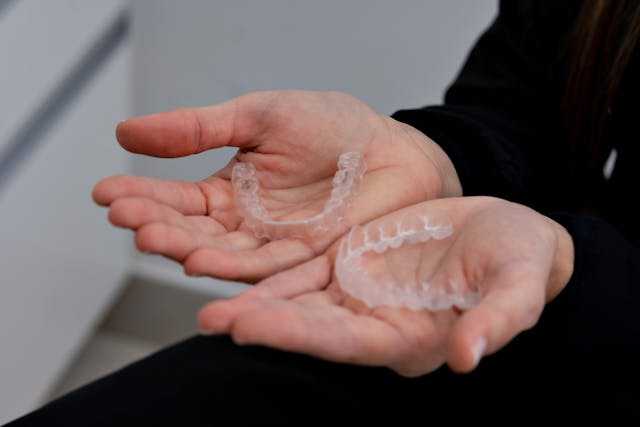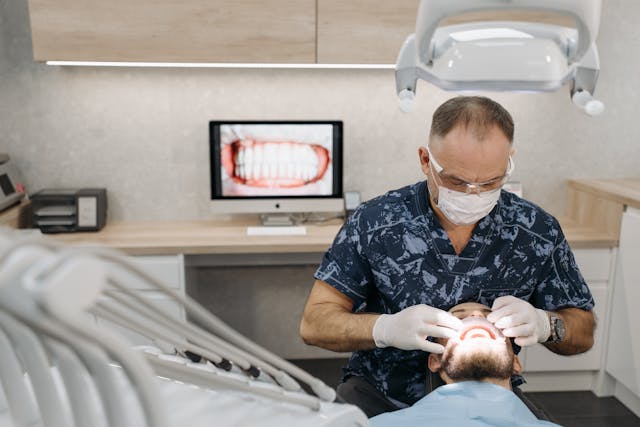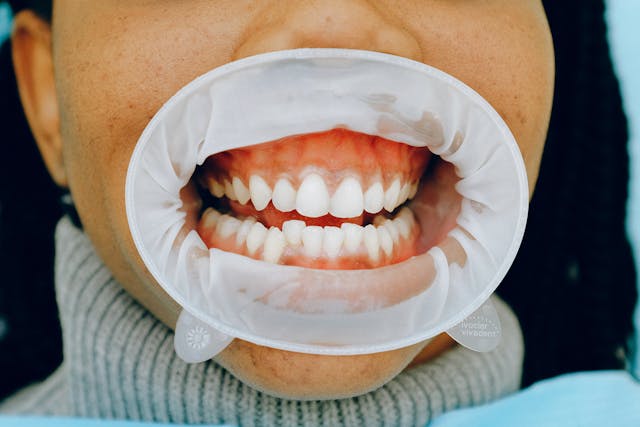Introduction
As we age, maintaining oral health becomes increasingly important. Senior dental care isn’t just about keeping a bright smile—it’s crucial for overall health and well-being. For older adults, dental care needs change, and understanding these changes can help in maintaining a healthy lifestyle.
At Diamond Dental Care, there are several ways we can address most aesthetic issues, so we will conduct an examination, take x-rays, discuss the timeframe we are working with, and then present you and your parents with a variety of options to choose from. Since some have set time constraints, it is best to schedule your appointment with our office as soon as possible.
Since some have set time constraints, it is best to schedule your appointment with our office as soon as possible. You can do so by calling (909) 860-7579. You can also follow us on Facebook or provide your valuable feedback at Yelp. Thanks.
Why Senior Dental Care Is Important
Oral health is closely linked to overall health. Poor dental hygiene can lead to severe health issues like heart disease, diabetes, and respiratory problems. For seniors, addressing dental health is vital to prevent complications and ensure a good quality of life.
Common Dental Issues in Seniors
Aging comes with its own set of dental challenges. Here’s a look at some of the most common issues:
Gum Disease
Gum disease, or periodontal disease, is prevalent among seniors. It’s an infection of the tissues that hold your teeth in place and can lead to tooth loss if untreated.
Tooth Decay
Tooth decay remains a significant issue for older adults, especially those who might have receding gums, which expose the roots to plaque.
Dry Mouth (Xerostomia)
Dry mouth is common in seniors, often due to medications. It reduces saliva flow, increasing the risk of tooth decay and infections.
The Impact of Aging on Oral Health
Aging naturally affects the mouth. Gums may recede, enamel may wear down, and teeth can become more sensitive. These changes make seniors more susceptible to dental problems.
Medications and Oral Health
Many seniors take medications that can impact oral health, such as causing dry mouth or gum problems. It’s important to discuss these side effects with your dentist and find solutions to mitigate them.
Preventive Dental Care for Seniors
Preventive care is essential to avoid severe dental issues. Here’s how seniors can maintain good oral health:
Regular Dental Check-Ups
Seniors should visit their dentist regularly—at least twice a year—for check-ups and cleanings. These visits help catch issues early and keep oral health on track.
Daily Oral Hygiene
Brushing twice a day with fluoride toothpaste, flossing daily, and using mouthwash can help prevent cavities and gum disease.
Diet and Its Role in Oral Health
A balanced diet is vital for oral health. Seniors should focus on foods rich in calcium and vitamins, and avoid sugary and acidic foods that can damage teeth.

Denture Care
For seniors who wear dentures, proper care is essential. Ill-fitting dentures can cause sores and infections, so regular adjustments are necessary.
Cleaning and Maintenance
Dentures should be cleaned daily using a soft brush and denture cleaner. They should be soaked in water or a denture solution when not in use.
Dealing with Dry Mouth
Managing dry mouth involves staying hydrated, avoiding tobacco and alcohol, and possibly using saliva substitutes. This condition should not be ignored as it can lead to more serious dental issues.
Managing Gum Disease
Gum disease requires professional treatment and a strict oral hygiene routine. Treatment options may include deep cleaning, medication, or surgery in severe cases.
Tooth Replacement Options
For seniors who lose teeth, replacement options like dental implants, bridges, or dentures can restore function and aesthetics.
Choosing the Right Dentist for Senior Dental Care
Selecting a dentist who understands the unique needs of older adults is crucial. Look for one with experience in geriatric dentistry and a practice that is comfortable and accessible.
The Role of Caregivers in Senior Dental Care
Caregivers play a significant role in helping seniors maintain oral health. This includes assisting with daily hygiene, ensuring regular dental visits, and monitoring any changes in oral health.
Conclusion
Senior dental care is a vital aspect of overall health. With the right preventive measures, regular dental visits, and a focus on daily oral hygiene, seniors can maintain their oral health and improve their quality of life. Diamond Dental Care in Diamond Bar, CA, offers specialized care for seniors, ensuring their unique needs are met with compassion and expertise.
FAQs
How often should seniors visit the dentist?
Seniors should visit the dentist at least twice a year for routine check-ups and cleanings. However, those with specific conditions like gum disease may need more frequent visits.
What are the best dental products for seniors?
Products like fluoride toothpaste, electric toothbrushes, and mouthwash for dry mouth are highly recommended for seniors.
How can I help my elderly parent with brushing their teeth?
Consider using an electric toothbrush, which can be easier to handle. You might also assist them in brushing and flossing if they have mobility issues.
How can I prevent gum disease in my senior years?
Good oral hygiene practices, regular dental visits, and a healthy diet are key to preventing gum disease in seniors.
Is dry mouth a serious condition for seniors?
Yes, dry mouth can lead to an increased risk of cavities and gum disease. It’s important to manage it through hydration, saliva substitutes, and avoiding triggers like tobacco and alcohol.



